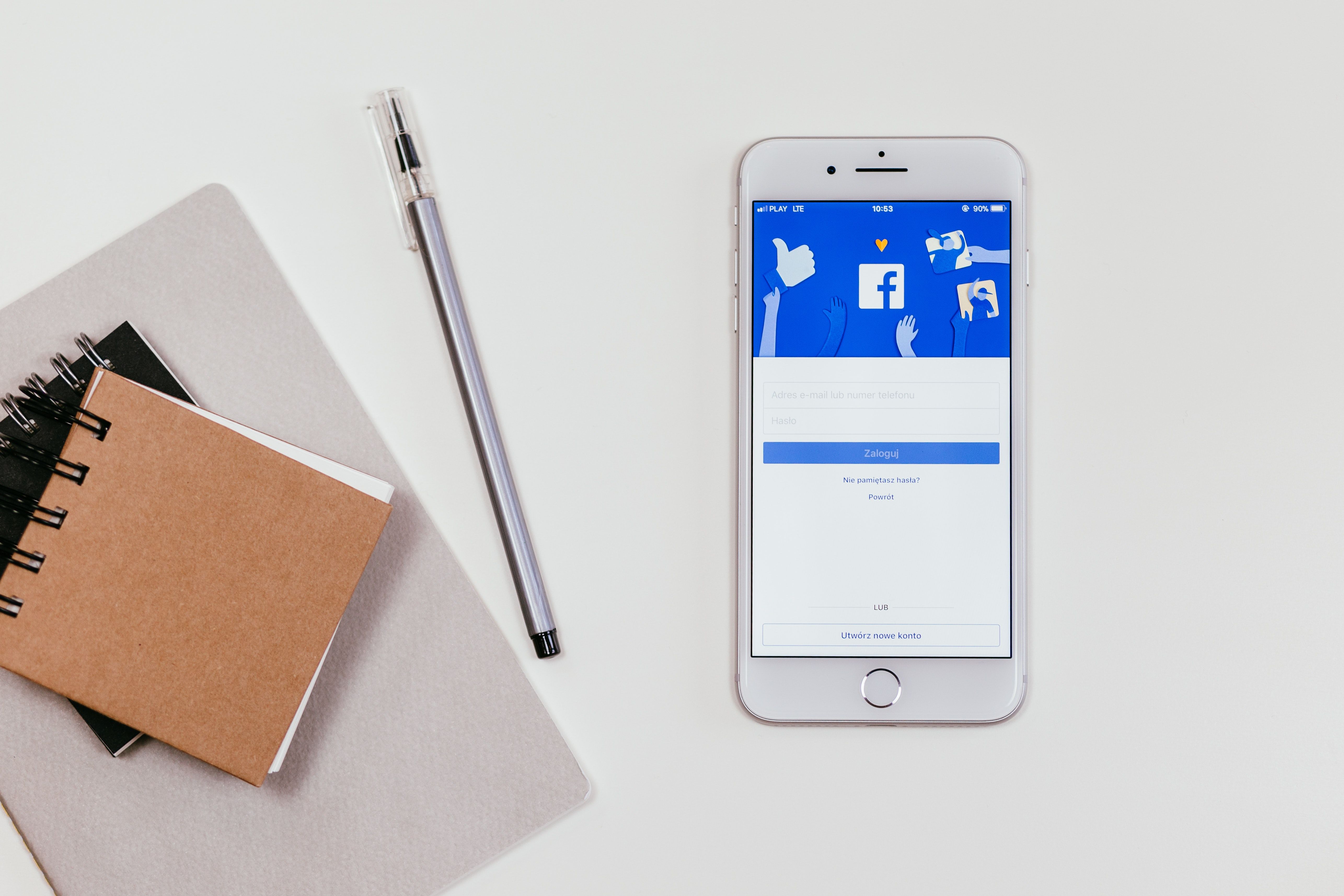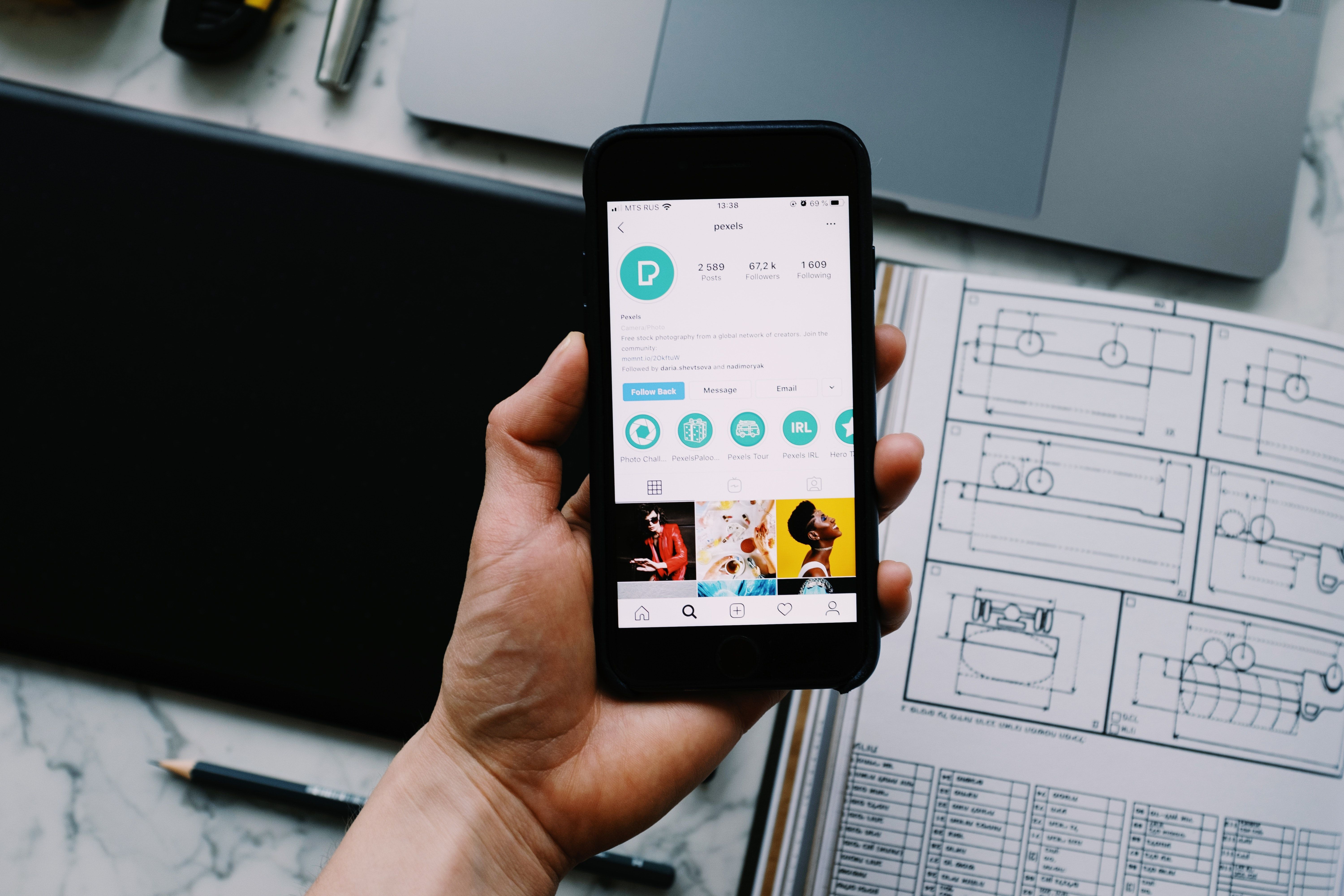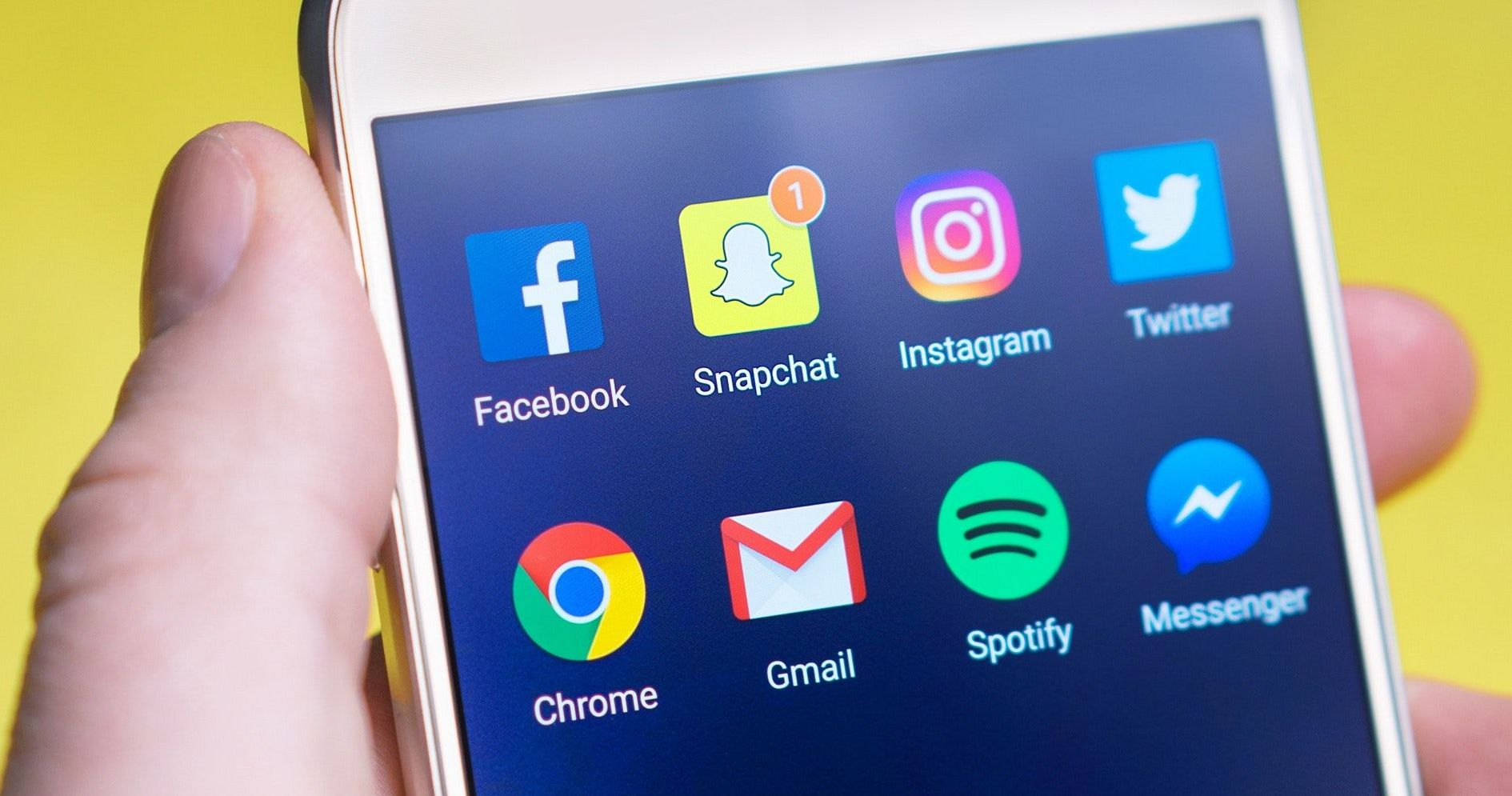Social media makes the world a global village. It has increased the connection between people tremendously. Today, almost everyone has a Facebook, Twitter, Instagram, or other social media account. The Gen-Z and millennials connect more on social media than they do in physical interactions. When you want to communicate with them, it's more effective via social apps than physical means like a memo.
Due to the wide use, different sectors find ways to use social internet forums for their benefit. The academic sector is not left behind. There are numerous ways in which educators can use social media for education. They include:
School-Based Socialization
Since students are already socializing online, it is easier to include school-based discussions on the same platforms. To facilitate this, moderators and administrators can create groups where students can have a class discussion. Social media apps like Facebook allow users to create groups and limit the number of members. Users can open private or public groups. Public groups allow everyone to see the interactions in the group. In a private group, one has to have approval from the admin to get access. Also, many people like to stay in the loop of the school's happenings even after completing school. They can create graduate groups for different years and departments to maintain communication channels.
Comment Platforms
Twitter is the hub of opinions. Most learners have learned how to share their thoughts freely on the platform. Thus, institutions can use it as a message board, where students can comment on school matters. Twitter has a two-hundred-and-eighty-character limit, which makes it extremely important that students communicate effectively and concisely. This is an important skill, which may come in hand as they write their essays. Moderators can create a class Twitter handle that all students can follow. They can then post reminders, inspirations, and essential links. It is easier to follow up on people's comments on Twitter through the threads and the hashtags.
Communicating Updates

Social forums provide institutions with a virtual noticeboard. Conventional digital dashboards are not familiar to many moderators and students. Instead of requiring them to learn, you can opt for a platform that they already use, like Facebook. You can create a class or a university Facebook page then ask students to follow for important updates and alerts. This is more convenient as it is easy to incorporate various levels. For example, there could be a class page, a department page, then a page for the whole university. Instructors can share instructions easily with their students. They can quickly provide educational links to help me write my research paper platforms or any extra helpful materials. Instructors offer complementary learning materials more efficiently.
Hosting Lectures
Social media platforms like Instagram and Facebook have features that allow users to have live sessions. Institutions can utilize such provisions to offer online class sessions. Here, students can write their comments and participate in the discussions. They may be more engaged as young people have a huge liking for social forums. Social learning is an excellent way to keep students in learning mode during holiday breaks. This reduces the time and effort teachers need to regain the learning mindset when the holidays are over. When using social forums, it is essential to remember to keep it professional. A moderator should not send friend requests or follow students. They can send the school's social media link through email or other formal communication.
Digital Picture Galleries

Instagram is best known as a picture sharing platform. People get to document their lives in pictures. In courses such as Art and Architecture that deal with many visuals, class members can create handles and dedicate them to the course. There, they can post pictures related to what they are learning. When they share their work, they get encouragement and critiques. It is easy to see students' progress from their first post when they start the course to their last when they finish. The posts may also inspire other students.
Marketing Tool
Social forums give institutions a chance to advertise themselves subtly and excitingly. Universities can use their Instagram account to share pictures of the school and what new students can expect. The images should be appealing to draw the attention of prospective students. Institutions can also post about the school's achievements. For example, if students in a particular department win an award, they can share the news through their Facebook account. This will encourage more students to join the school and take part in the wins. Social media allows people to share a variety of media, which is a robust marketing tool.
Social media offers exciting ways to grow in the education sector. It will revolutionize how schools relate to students, teachers, parents, and other stakeholders. At the same time, it is vital to take note of the adverse effects of social media. Actions like cyberbullying are more straightforward when people can hide behind a screen. Therefore, there need to be ground rules to control the interactions on the platforms.

